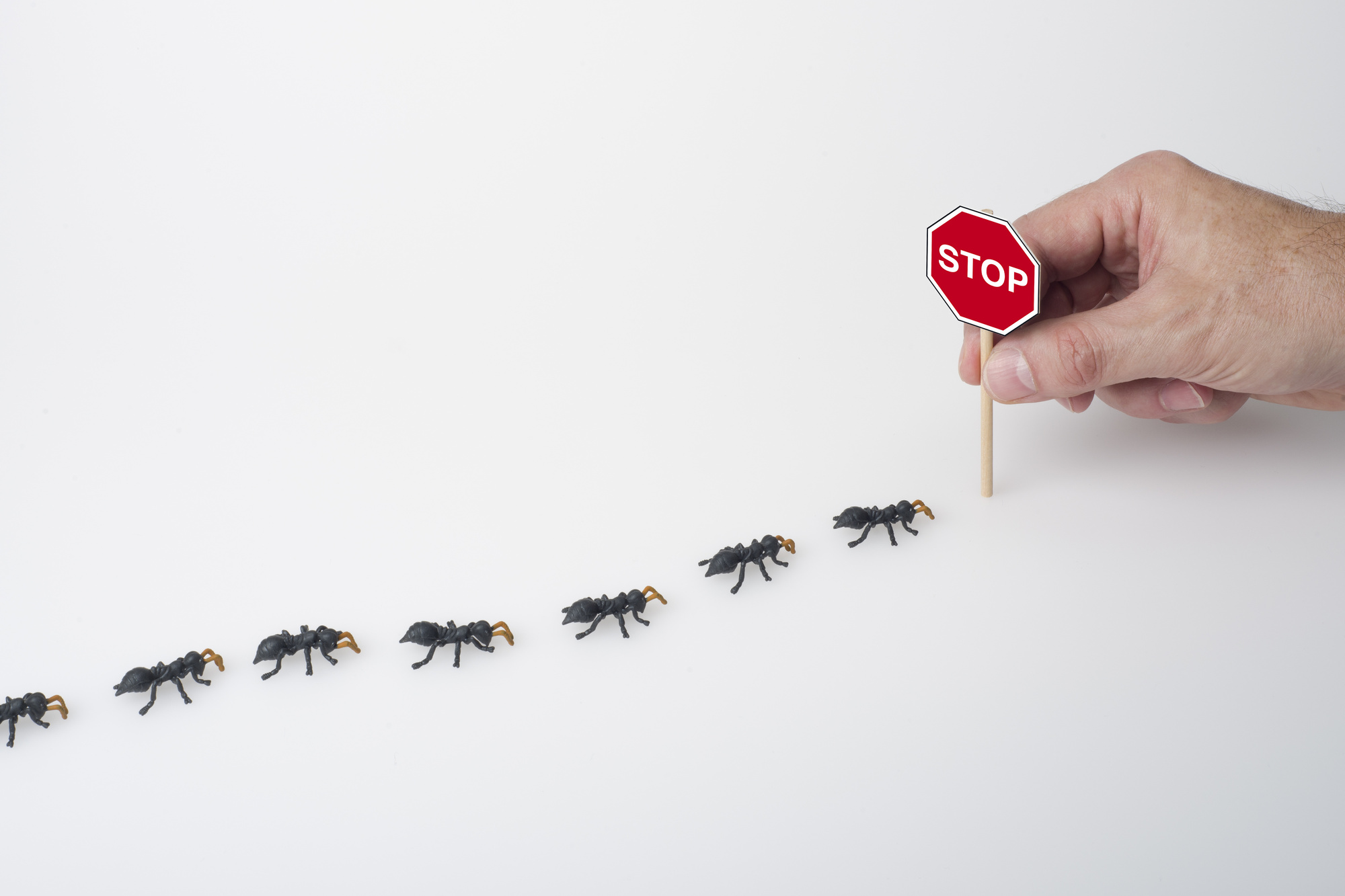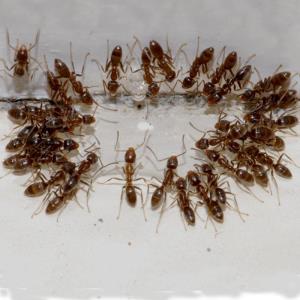Complete Ant Control: Approaches and Services to Defeat Ant Issues
Complete Ant Control: Approaches and Services to Defeat Ant Issues
Blog Article
Environmental Impact of Bug Control: Harmonizing Performance With Sustainability
The environmental effect of pest control is an essential concern that requires a delicate balance in between accomplishing effectiveness in making certain and handling pests sustainability of our environments. From the usage of damaging chemicals that seep right into our dirt and water to the unintentional effects on non-target varieties, the effects of traditional bug control techniques are far-ranging.
Unsafe Chemicals in Bug Control
The utilization of hazardous chemicals in insect control presents considerable ecological and wellness threats that warrant careful consideration and mitigation strategies. Herbicides, chemicals, and insecticides are generally utilized to eradicate bugs, yet their widespread application can result in unintentional effects. These chemicals can contaminate soil, water resources, and the air, affecting not only the targeted parasites yet likewise helpful bugs, wild animals, and people.

To attend to these dangers, incorporated bug monitoring (IPM) strategies are being advertised as an extra lasting choice. IPM entails a combination of techniques such as organic control, habitat manipulation, and the targeted usage of pesticides as a last hotel (ant control kingsmountain nc). By embracing a holistic method to pest control, we can lessen the environmental and health effects related to harmful chemicals while effectively handling pest populaces
Effect On Non-Target Types
Considering the unplanned effects of insect control approaches, the influence on non-target species is a crucial facet that calls for detailed evaluation. While insect control actions aim to target certain pests, other microorganisms in the environment may be accidentally affected. Non-target varieties, including beneficial bugs, birds, mammals, and also plants, can experience indirect or straight injury from chemical applications or biological control approaches.
Chemicals can have sub-lethal or lethal results on non-target types. For instance, insecticides designed to fight a particular bug bug might damage pollinators like bees or all-natural predators such as ladybugs. Furthermore, chemical deposits can accumulate in the atmosphere, affecting non-target organisms with time. Similarly, biological control agents, if not species-specific, can posture risks to unplanned targets, interrupting the environmental equilibrium.
To minimize the influence on non-target varieties, integrated bug management (IPM) strategies that emphasize a holistic approach to pest control are recommended. These methods prioritize the use of eco-friendly methods, lessening injury to beneficial microorganisms while properly handling pest populaces. Carrying out extensive danger assessments and checking the end results of parasite control efforts are crucial steps in securing non-target varieties and advertising overall ecosystem wellness.
Dirt and Water Contamination
Unintentional ecological ant control springs nc effects of parasite control approaches prolong beyond affecting non-target species, with significant implications for soil and water contamination - termite control. Pesticides, herbicides, and chemical plant foods used in parasite control can leach right into the dirt and pollute groundwater, posturing a hazard to both marine and earthbound ecological communities.
Water contamination is another important problem associated with parasite control techniques. To minimize dirt and water contamination from bug control activities, incorporated pest management strategies that focus on sustainability and minimize chemical inputs are essential.
Air Pollution From Chemical Usage
Exposure to airborne pesticides during agricultural applications poses a significant concern for air contamination control procedures. Furthermore, chemical drift, where pesticides are lugged by the wind to unintentional locations, can lead to the contamination of nearby ecosystems and water bodies.

Approaches for Sustainable Parasite Control
In the realm of agricultural methods, implementing sustainable insect control methods is paramount for preserving environmental equilibrium and safeguarding crop yields. Lasting pest control highlights using ecologically pleasant approaches to manage insect populaces effectively while lessening injury to non-target microorganisms and ecological communities. Integrated Pest Administration (IPM) is an extensively embraced strategy that combines biological, social, physical, and chemical control techniques to attain long-lasting parasite administration services.
Crop turning and diversification are additionally efficient techniques to interfere with pest life cycles and develop less favorable problems for insects to thrive. Eventually, by integrating these lasting insect control strategies, farmers can attain a balance in between pest administration effectiveness and ecological stewardship.
Final Thought
To conclude, the environmental impact of bug control methods must be thoroughly thought about to stabilize effectiveness with sustainability. Dangerous chemicals used in bug control can bring about soil and water contamination, air contamination, and injury non-target species - termite control. It is crucial to execute lasting pest control techniques to lessen these adverse effects on the atmosphere and advertise a much healthier ecosystem for future generations
By embracing an alternative strategy to pest control, we can minimize the environmental and wellness influences associated with hazardous chemicals while successfully taking care of pest populations.

To mitigate the air contamination caused by chemical use, it is crucial to embrace incorporated insect monitoring methods that focus on the use of non-chemical parasite control methods, such as plant turning, natural killers, and resistant plant varieties. Lasting pest control stresses the use of eco pleasant methods to manage bug populations efficiently while minimizing injury to non-target organisms and ecological communities. Integrated Parasite Monitoring (IPM) is a commonly taken on strategy that integrates biological, social, physical, and chemical control techniques to attain long-lasting pest management services.
Report this page